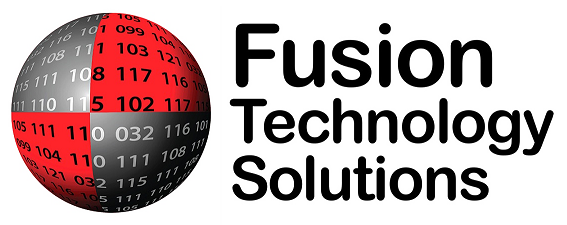
From information storage to disposal, there are many ways that your company’s IT management may not be following HIPAA compliance regulations. Review four of the most common compliance mistakes and some tips on avoiding them.
1. Discarding Information Improperly
Proper information disposal prevents patient information from falling into the wrong hands. There are a number of ways that protected health information, or PHI, may be improperly disposed of:
- Pill bottles discarded in open dumpsters or in clear containers
- Paper files disposed of improperly (not melting, burning, shredding, etc.)
- Electronics recycled without first clearing or purging them of data
Whether you’re disposing of physical or digital files, your company is responsible for any leaked information from your facility. This includes data that could be taken from uncleared electronic devices, paper records, or other areas of improper disposal.
By making all of your discarded paper documents unreadable and properly sanitizing electronic devices, PHI can be protected at every stage.
2. Accessing Patient Information on Personal Devices
Working from home isn’t a HIPAA compliance violation, but it can increase the risk of a data breach. When you use a public network or leave a personal computer unattended with patient information on it, you expose it to potential theft.
The most thorough way to deal with this issue is to avoid accessing any PHI on personal devices. This makes it impossible for a thief to access private files, even if they steal your personal laptop or smartphone.
3. Allowing Data to Be Lost or Stolen
It’s essential to protect health information from falling into the wrong hands. Even losing a device, either by accident or by theft, is a HIPAA compliance violation. One way to reduce this risk is to limit the number of devices that have stored patient health information. In the unfortunate event of a laptop or smartphone theft, you need to be sure your data is secure.
One way to do this is to encrypt your devices. Encrypted data is extremely difficult to access, even if the device falls into the wrong hands. Working with a managed IT services provider that will routinely wipe data from mobile devices can prevent data from being stolen, even if the device is gone.
4. Failing to Use Business Associates Who Are HIPAA Compliant
As part of the HIPAA checklist, all of your business associates who have access to PHI must be HIPAA compliant. Any vendor, associate, contractor, or other company who has access to your network or data that is not compliant can affect you and your business.
It’s your responsibility to review the requirements and then monitor HIPAA compliance in your business associates. A data breach in a business associate could incur penalties and fines to your company if you didn’t verify their security protocols.
Get Worry-Free HIPAA Compliance Today
Using a managed IT services provider like Fusion Technology Solutions, who is experienced in HIPAA compliance, can assist you with identifying weak points in your data storage, retrieval, and destruction plan. You can be sure every device and network with access to patient information is secure and doesn’t expose confidential data to outside eyes.
At Fusion Technology Solutions, our managed IT services are fully HIPAA compliant. We offer personalized tech support and 24/7 monitoring to protect PHI. Our team offers the peace of mind you need as you ensure compliance in your company.Don’t let a stolen laptop or an unsecured network expose your patient information; offer your patients the privacy they deserve. Contact us today to learn more about our managed IT services, compliance services, and data security solutions.

